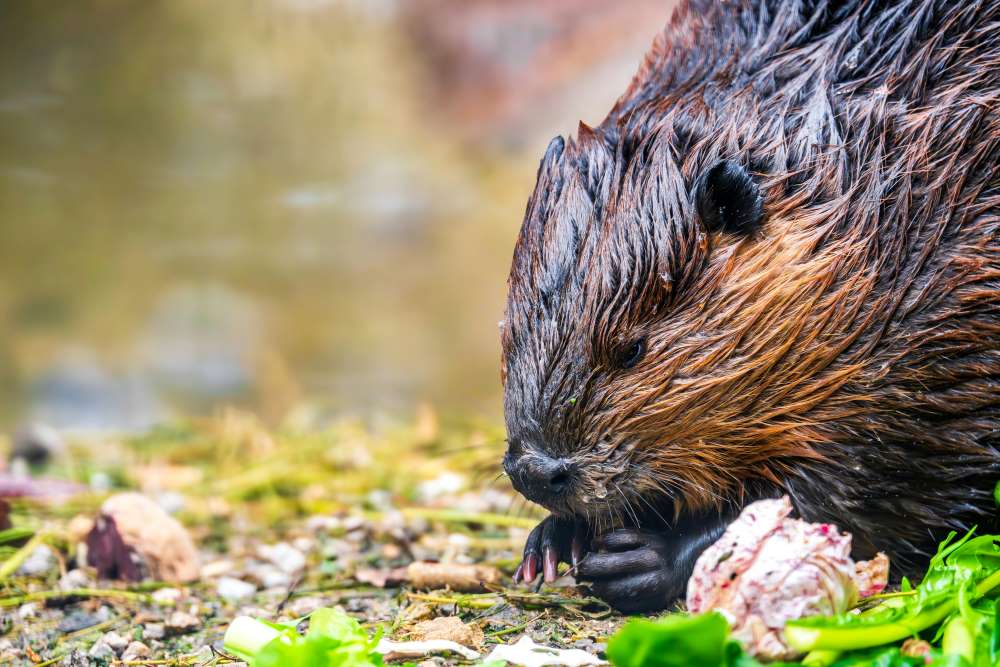London, United Kingdom | AFP
Beavers will soon be released into waterways in England under a new scheme launched on Friday, signalling a return to the wild for an animal once hunted to extinction.
It’s a win for wildlife campaigners seeking to restore England’s depleted countryside — and a triumphant turnaround for the dam-building rodents, which until recently had been absent for hundreds of years.
The UK’s environment department said Eurasian beaver releases would be carefully managed and the first are expected to be set free in southwest England soon.
Beavers went extinct in Britain in the 16th century when they were sought after for their fur, meat and special sacs, which produce a leathery scent prized by perfume makers.
Small populations have been reintroduced in enclosures in recent years as part of a wider “rewilding” drive, and following escapes and illegal releases around 500 are already thought to be living in the wild in England.

Biologists consider beavers a “keystone species” because they reshape their environment with dams and pools that benefit other wildlife, as well as fending off floods and droughts.
But their reintroduction has been a sticky topic in Britain, where farmers are worried about the animals’ impact on their land.
The head of the National Farmers’ Union, Tom Bradshaw, has argued landowners need the right to use “lethal control” if the beavers “end up in the wrong place”.
Restoring the natural world
The new scheme specifies that “as a last resort, beavers may be trapped and translocated or lethally controlled”.
Each project would need to supply a 10-year plan to support the animals’ return to the wild, while the government has also promised help for farmers who make space for beavers on their land.
The UK is one of the world’s most nature-depleted countries and has lost almost half of its natural species in recent decades, according to a 2021 parliamentary report.
Nature minister Mary Creagh said: “Reintroducing beavers to the wild is a critical milestone for this government’s plan to protect and restore our natural world.”
Roisin Campbell-Palmer of the Beaver Trust, a charity that backs the animal’s reintroduction, said it was a “landmark moment” and called for widespread licence granting.
But she said England was “generations behind the rest of Europe”, where schemes have helped beavers reestablish themselves in countries including Belgium, France, Germany, Spain and Switzerland.
The protected Purbeck Heaths landscape in Dorset is tipped to be the site for the first English release but no date has yet been given.
lcm/har/gil
© Agence France-Presse
Article Source:
Press Release/Material by AFP
Featured image credit: Matej Bizjak | Pexels



